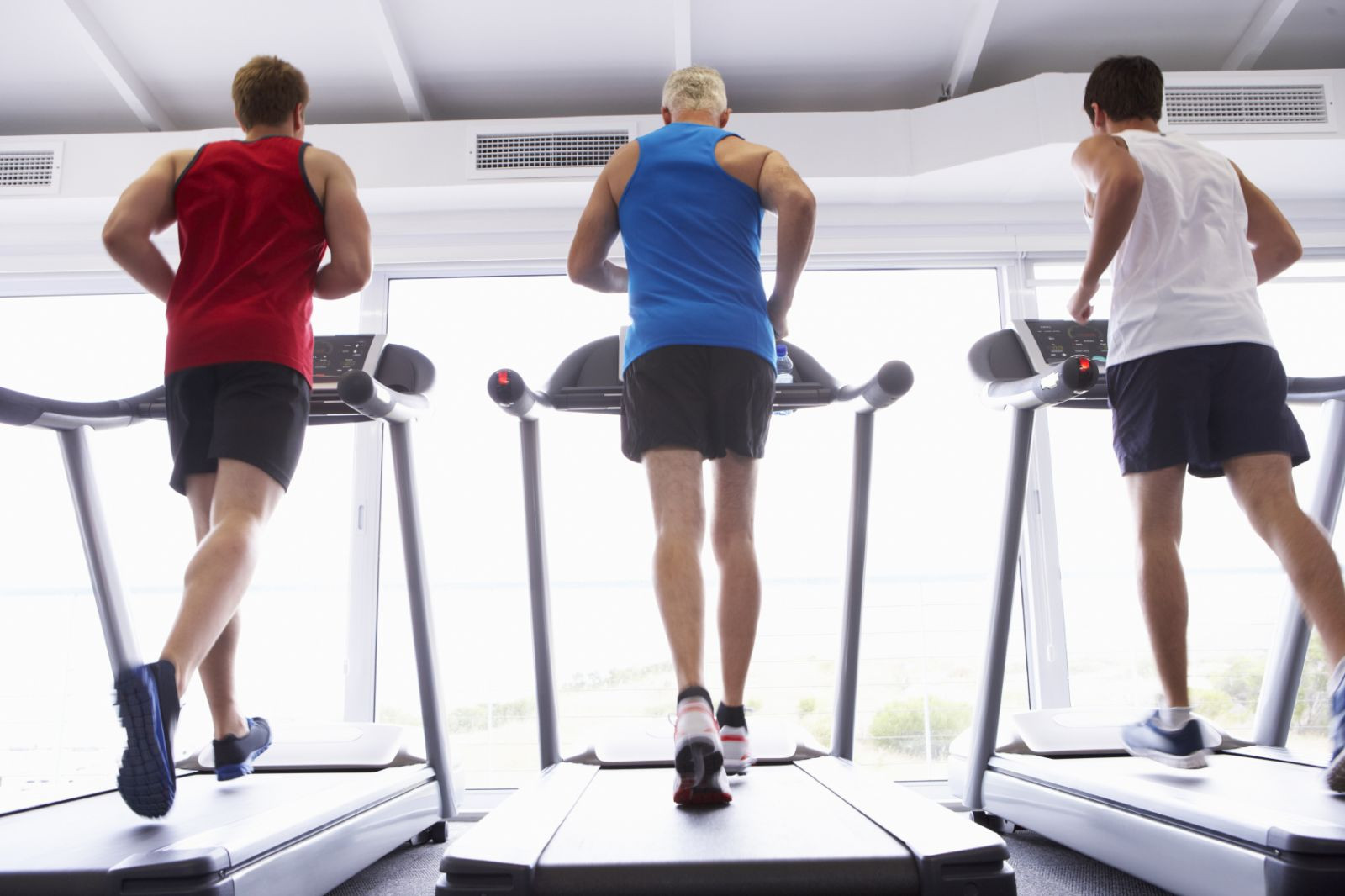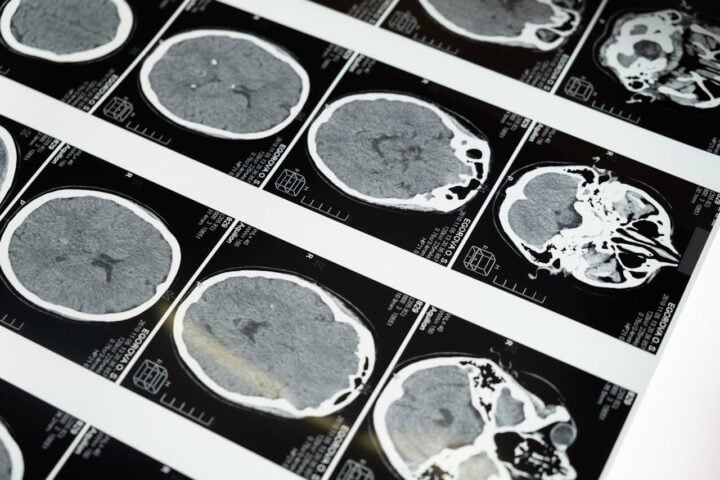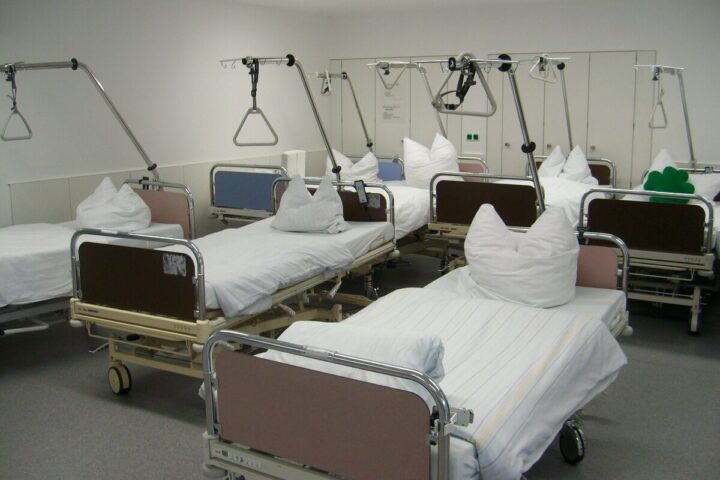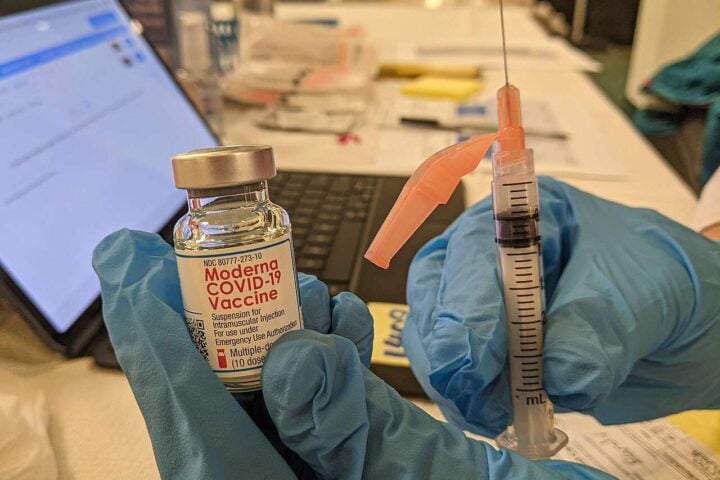According to the World Health Organization (WHO), there are more than 55 million people with a neurodegenerative disease, 60-70% of which are Alzheimer’s cases. For humans, memory represents the ability to store learned information that requires three processes: encoding (learning information), storage (keeping it) and recall (retrieving memories).
Recently, memory can fail when it comes to remembering. For this, neuroscience reports on tools to exercise it while it is necessary to incorporate physical activity. In this line, Harvard found that following a physical exercise program for six months will increase brain regions, that is, memory and thinking.
For years, Harvard University, located in Massachusetts, United States, has stood out for its research, which seeks to offer society tips and advice to apply in everyday life in order to improve in different aspects, physical, economic, among others.The university publishes thousands of research studies: among them is the most recent one that explains which exercise helps to strengthen memory.
Similar Posts
Dr. Scott McGinnis, Professor of Neurology at Harvard Medical School, stated that “there is a lot of science behind this.” Physical activity stimulates physiological changes such as the growth or health of brain cells. It also benefits memory and thinking because it improves mood and sleep, as well as reduces stress and anxiety.
Reuter-Lorenz and Cappel suggest that “training, exercise, and other interventions {…} have the potential to enhance available resources and compensatory capabilities.”
Most research agrees that walking is the best exercise. “But it’s likely that other forms of aerobic exercise that get your heart pumping might yield similar benefits,” McGinnis said. Aerobic or cardio exercises are of medium or low intensity that can be performed over an extended period of time. Some of them are: walking, jogging, running, rowing and cycling, among others.
The publication mentions that: “following a physical exercise program of moderate intensity, for at least six months, can increase brain regions, thus helping memory and thinking“. Dr. McGinnis adds that the results of the research recommend running or walking briskly, at least 150 minutes per week, for those who are just adopting these routines.
The expert mentions that running, walking or jogging regularly can activate the different parts of the brain that control thought and memory, so it is recommended to do this exercise. In addition, they mention that doing this sport can improve memory, drive away negative thoughts, and help improve the state of panic, reducing sleep, stress and anxiety.
One of the basic pillars that support a healthy life is physical exercise. Now, Harvard has highlighted how regular physical activity favors the brain and, more specifically, memory and thinking skills. The institution has pointed out that exercise results in increased flow of blood to the brain that stimulates the blood vessels in the brain.
A recent meta-analysis evaluated different exercise parameters (frequency, intensity, duration, type or volume) and their effects on cognitive function in children, adults and the elderly. The research concluded that physical activity benefited general cognition and all sub cognitive levels, especially aerobic and resistance exercise. Of all age groups, the elderly showed the greatest benefits of exercise in global cognition, executive function and memory.
From Harvard, the following advice is given so that regular exercise has an impact on improving cognitive functions:
- Try to do sports at a moderate intensity, such as brisk walking for 150 minutes a week.
- Start a few minutes a day and increase by 5 to 10 minutes each week.
Be patient, since there are several studies that have shown that it takes about six months to start reaping the cognitive benefits of exercise.


















